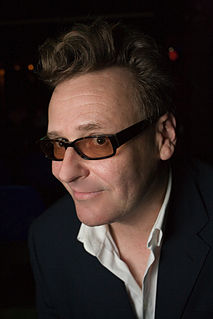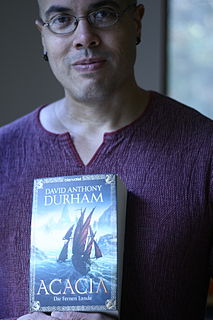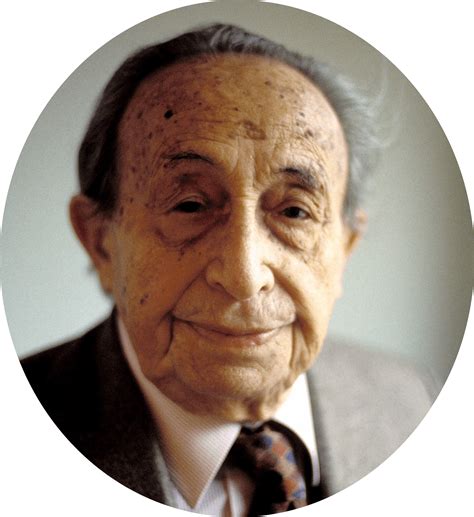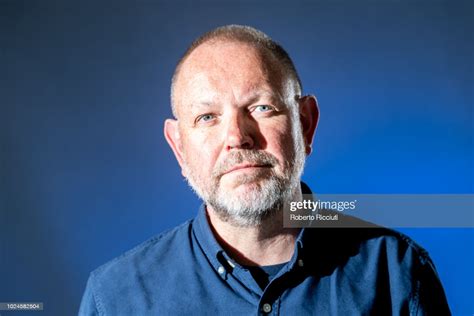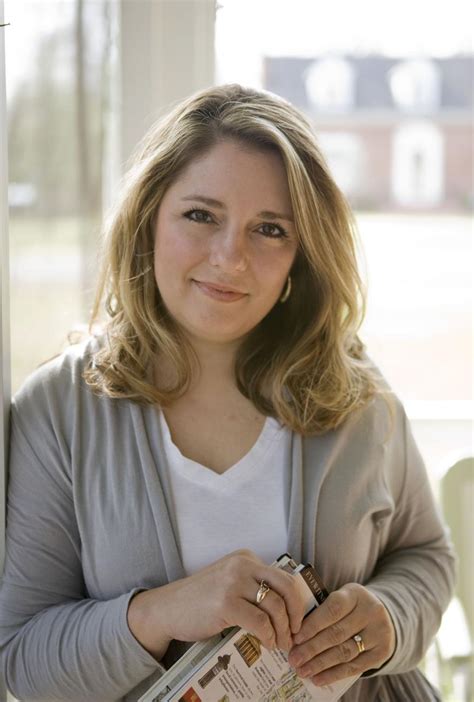A Quote by Sherman Alexie
At least half the country thinks the mascot issue is insignificant. But I think it's indicative of the ways in which Indians have no cultural power. We're still placed in the past. So we're either in the past or we're only viewed through casinos.
Related Quotes
No, make something different from war. Don't allow your enemies to be enemies. Make them something else, because otherwise they have a power over you that they should not have. If you think in the same ways as the past, you will only get new versions of the past. Think differently. That's what I'm saying.
But the past does not exist independently from the present. Indeed, the past is only past because there is a present, just as I can point to something over there only because I am here. But nothing is inherently over there or here. In that sense, the past has no content. The past - or more accurately, pastness - is a position. Thus, in no way can we identify the past as past
The simple truth of our finiteness is that we could, by whatever means, go on interminably only at the price of either losing the past and, therewith, our identity, or living only in the past and therefore without a real present. We cannot seriously wish either and thus not a physical enduring at that price.
And it is clear to Evan, now: the difference between what is and what has been done; the present and the past. He sees that what he does and who he is isn't based on the past unless he wants it to be... No. That is the past, which has been seen differently through many different eyes and has become hazy and unclear, like a pond when stirred with a stick. Only the present moment is clear and free from prejudice.
What you think of as they past is a memory trace, stored in the mind, of a former Now. When you remember the past, you reactivate a memory trace -- and you do so now. The future is an imagined Now, a projection of the mind. When the future comes, it comes as the Now. When you think about the future, you do it now. Past and future obviously have no reality of their own. Just as the moon has no light of its own, but can only reflect the light of the sun, so are past and future only pale reflections of the light, power, and reality of the eternal present. Their reality is "borrowed" from the Now.
The historian is looked upon as objective when he measures the past by the popular opinions of his own time, as subjective when he does not take these opinions for models. That man is thought best fitted to depict a period of the past, who is not in the least affected by that period. But only he who has a share in building up the future can grasp what the past has been, and only when transformed into a work of art can history arouse or even sustain instincts.

